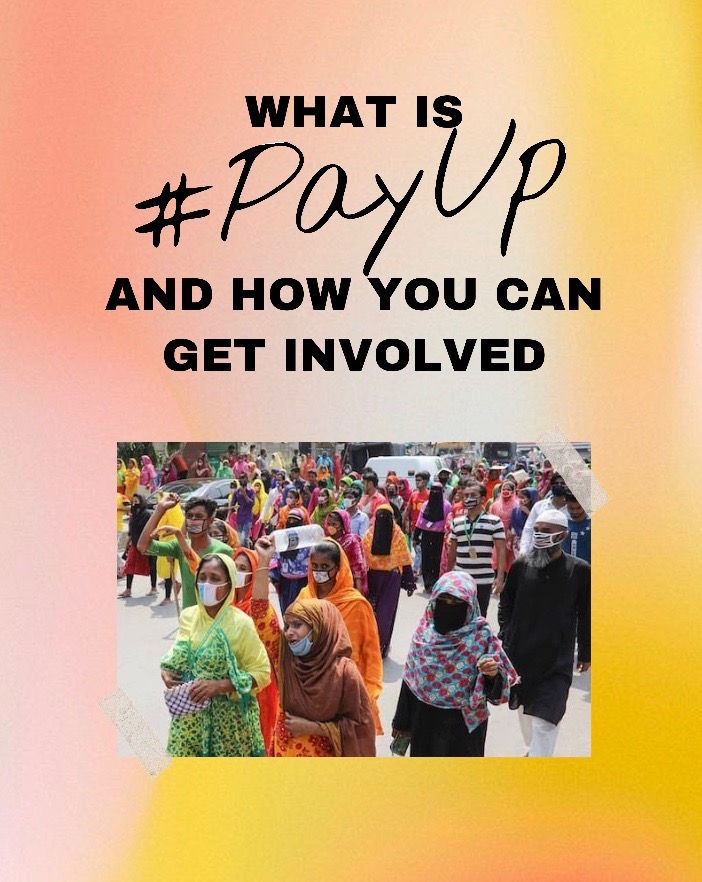Where Do I Stand In This Fight Being Half-Black? - Dakota Nelson
- heartbroken zine

- Jul 2, 2020
- 4 min read

When I was a kid, I was proud to tell everyone that I was half-Black and half-white. Anytime I drew myself, my innocent mind would draw a literal line down the middle of my face, leaving one side bare with the white paper, and coloring the other side dark brown. I was proud to tell people who I came from, and who was raising me, but the world had different thoughts.
Just a couple of weeks ago, the killing of George Floyd put the Black Lives Matter movement in the spotlight, spurring protests and riots in cities across the world. The trajectory of the movement has caused non-Black people everywhere to find their place as an ally, and self reflect on how they can do better. For someone who is half-Black, it has not been as simple.
As I grew up in my suburb of Colorado, a town where less than 1% of the population are Black, it became more apparent to me that other people did not see the beauty of my mixed race background. My days in school were less than satisfactory, as I experienced the racism that upper-middle class white kids had to offer. I got called “n***er, compared to a slave, told I wasn’t most boys’ “type” because of my race, used as the token diversity friend, and overall belittled.
I have watched on social media as people who have tormented me in the past and excluded me for my race repost Black Lives Matter information and art on social media. I wonder if it is actual growth, since I have not seen them in years, or if it is simply them hopping on the bandwagon. It is a reminder that even people who support the movement need to self-reflect on how they can do better in their personal lives, and I am included in that being light-skinned. Think of Meghan Markle or Rashida Jones, and I am in that category of half-black. Where you’re tan and have some Afrocentric features, but could try to pass as something else. Being light-skinned made it easier to try and pass, or fit into the mold of my town, as I learned to straighten my hair and avoid tanning further. I would be lying if I said I have not used my light-skinned privilege to get myself out of tough situations, and for this, I know I can do better.
What has been the hardest part for me in my racial identity is finding where the line of privilege ends for me, and being oppressed begins -- where being white ends, and being Black begins. Because as hard as I tried to fit into my white-washed town, I was still not white enough for them. I was still the target of racism. I still had to receive a call when my older sister was a sophomore in college that her and her black friends were pulled over by police, told to get out of the car, and held at gunpoint on their knees, all for it to be labeled a “misunderstanding.” I still have family members who have been roped into the system that this world sets up for black people. My other Black friends and I still trade stories about the grievances we endure. I still face criticism, hate, and systemic oppression. Even in college, my sorority that has claimed to be diverse has made me the target of white girls who don’t know who else to take out their inner racism on. The more I have tried to run from being Black, the more it has presented itself in my life.
In adulthood, I am forced to look at my past and examine the racially charged moments in my life. Now, I stand in a resistance that has been catapulted into the news, a resistance against the systemic oppression of Black people. In other protests and marches I have taken part of, it has been easy to find my place, from the Women’s March (oppressed), to anti-ICE protests (ally). I must ask myself, where do I stand in this movement? Do I stand as an ally, or as the oppressed? I see it as both. I have been oppressed, I come from a line of black men and women who found their way through a world that was set up to fail them. But as a light-skinned, bi-racial woman, I can be a better ally to dark-skinned Black people.
I have used my privilege to my advantage in the past, and this is where I know I could be a better ally to all Black people, and to myself. I felt forced to hide my race, but the truth is that nobody has forced me to do anything. I found ways to manage, and come out unscathed from a town that I thought was the issue. The problem is, the racism I have experienced is not limited to one town. This is the world that I live in. The world that all Black people live in, that we are born into, is one where we are seen as our race and nothing more. I am waking up to the reality that the world we currently live in will not let me be more than my race, but I should not try to hide it.
Written by: Dakota Nelson
Instagram: @freewill.designs.dakota



Comments